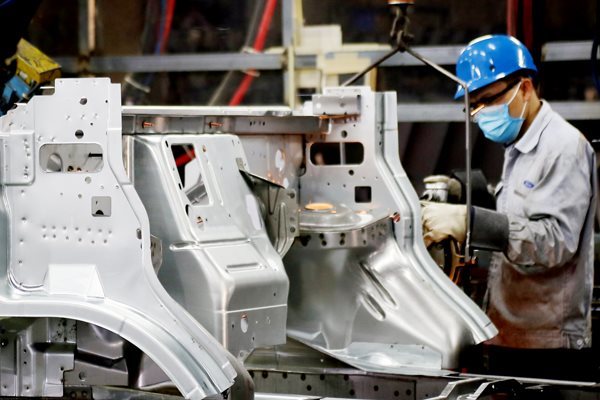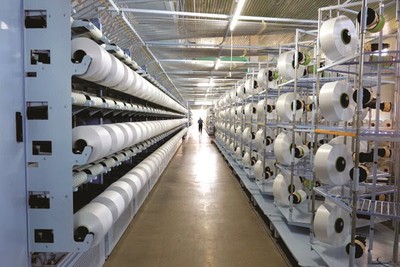|
According to data from the Foreign Investment Agency, Chinese investors were involved in more than 100 cases of capital contributions and share purchases at Vietnamese firms last month. This has brought the number of investments from Chinese investors during the year to 557 cases, with over US$230 million being invested in total. Compared with the same period last year, the number of transactions of this kind increased by 154 (over 38%), with an additional US$65 million. As for direct investments, Chinese investors funded 135 projects in the January-April period. This reflects the investors’ preference for capital contributions and share purchases rather than foreign direct investments. The high number of transactions and capital from Chinese investors mostly target small- and medium-sized Vietnamese enterprises. This investment trend is not a surprise to observers and foreign investment consultants. According to experts, stagnant business and production activities as a result of the pandemic have attracted foreign investors, especially from China, for acquisition opportunities in Vietnam. Truong Thanh Duc, a lawyer from Basico Law Firm, noted that the shares of many domestic firms have lowered in value significantly during the pandemic, allowing foreign investors with financial capacity and experience to quickly buy in. Chinese firms have increased their investments in Vietnam over the past two years, and more opportunities are available for foreign investors due to the difficulties facing domestic firms during the current pandemic, according to Duc. Before the Covid-19 outbreak, domestic firms had contacted Basico for consultation or support in selling their shares or transferring control to Chinese investors. According to Duc, the Foreign Investment Agency’s data only reflects the tip of the iceberg, and actual acquisitions by Chinese investors could be even higher. For instance, many Chinese enterprises and individuals, operating as Vietnamese firms, have been buying coastal estates or land in prime locations to convert their land-use purposes. Vietnamese partners with a poor understanding of business and management activities can be exploited through capital contributions. Chinese investors typically invest in sectors that are easy to enter based on similar experiences, where heavy investments, as in the case of service provision or goods production, are not required. However, the acquisition of Vietnamese firms is not the only concern. According to experts, once Chinese investors acquire Vietnamese businesses, it is likely that they will not increase investment and production but will import goods from China for export to a third country under Vietnamese-made labels. Besides this, amid the China-U.S. trade war, China’s exports to the United States are in trouble. As such, Chinese firms have been incentivized to use Vietnam as a neutral zone to process goods before exporting them to the United States to avoid taxes. This practice would ultimately create problems for Vietnamese producers and attract high tax penalties on Vietnamese goods from importing countries. Duc pointed out that if the pandemic lasts too long, more Vietnamese businesses will be acquired. Instead of registering a new business, which involves several lengthy procedures, investors prefer to acquire operational firms, as this saves time and gives them access to an existing customer base, supply chains and human resources. Apart from Vietnam, Chinese investors have enhanced acquisitions in other countries as well. Many of these countries, including India, have taken steps to control these acquisitions. Experts believe that the domestic market should have effective investment policies in place and must introduce necessary regulations to ensure safe investment attraction and socioeconomic development. SGT |
||
Hung Le

Vietnamese enterprises add jobs as Chinese supplies to int'l buyers are interrupted
International manufacturers are seeking component suppliers in Vietnam, considering Vietnam as an alternative market in the context of Covid-19 escalation.

Supporting industries secure more orders following Chinese supply disruptions
A number of local firms in supporting industries have been receiving more orders from foreign partners due to the coronavirus outbreak disrupting supply chains in China.
 The rise in the number of Chinese investors acquiring stakes in Vietnamese firms amid the Covid-19 pandemic has put domestic industry and production at risk, as domestic firms might gradually be pushed out of the market.
The rise in the number of Chinese investors acquiring stakes in Vietnamese firms amid the Covid-19 pandemic has put domestic industry and production at risk, as domestic firms might gradually be pushed out of the market.